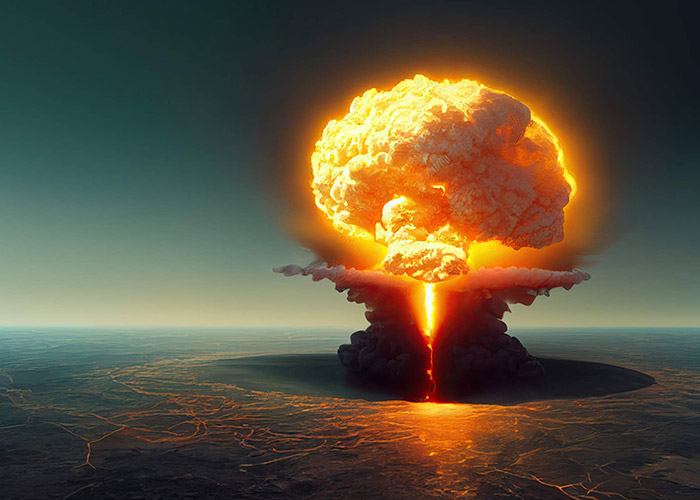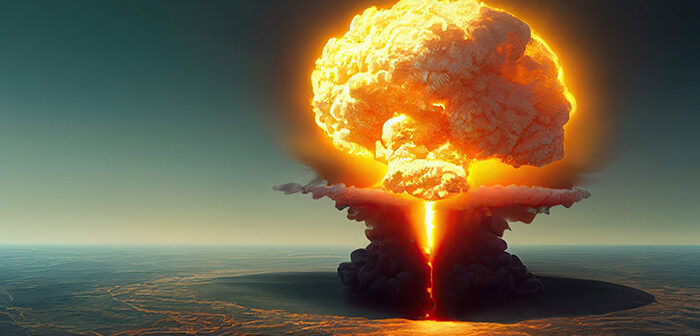
US President Donald Trump has proposed to cut the US defence budget by half and to stop producing new nuclear weapons. “We already have so many,” he said. “You could destroy the world 50 times over, 100 times over.”
In response to Trump’s statements, the International Campaign to Abolish Nuclear Weapons (ICAN) (Australia) Director, Gem Romuld, said the president’s statements to stop spending money on nuclear weapons are a welcome development.
“We hope will lead to action to reduce stockpiles,” she said. “They should strengthen Australia’s resolve to sign and ratify the Treaty on the Prohibition of Nuclear Weapons (TPNW), as Labor has promised to do in government, and to cease the policy of extended nuclear deterrence (END) once and for all.”
“Relying on END signals support for the use of nuclear weapons, which would wreak a humanitarian catastrophe on hundreds of thousands, if not millions, of people. We welcome any efforts on nuclear disarmament, but if President Trump is serious, then he should join the TPNW and encourage other nuclear-armed states to do so as well.”
The US spends half of its disposable (what’s left after entitlement and interest payments) federal budget on defence, and in 2023 more than USD50 billion was spent on nuclear weapons alone. Russia and the US possess 90% of all nuclear weapons globally, with Russia possessing 5580 warheads and the US possessing 5044. Modern nuclear weapons have many times the explosive yield of the bomb dropped on Hiroshima. The smoke from burning cities ignited by a nuclear war, involving just 2% of the global nuclear arsenal, would plummet global temperatures, decimate agriculture, disrupt ocean food chains, and condemn over two billion people to starve to death.
The United Nations Treaty on the Prohibition of Nuclear Weapons, provides a pathway under international law for nuclear armed states to disarm in a time bound verifiable manner. Since it entered force in 2021, the TPNW has been signed or ratified by half of all the world’s countries, including most of Australia’s neighbours in South-East Asia and the Pacific.
From March 3 – 7, 2025, the Third Meeting of States Parties to the TPNW will be held at the United Nations headquarters in New York. An ICAN delegation will be present, including Yankunytjatjara-Anangu woman and second-generation nuclear test survivor, Karina Lester, and ICAN Campaigner, Jemila Rushton.






